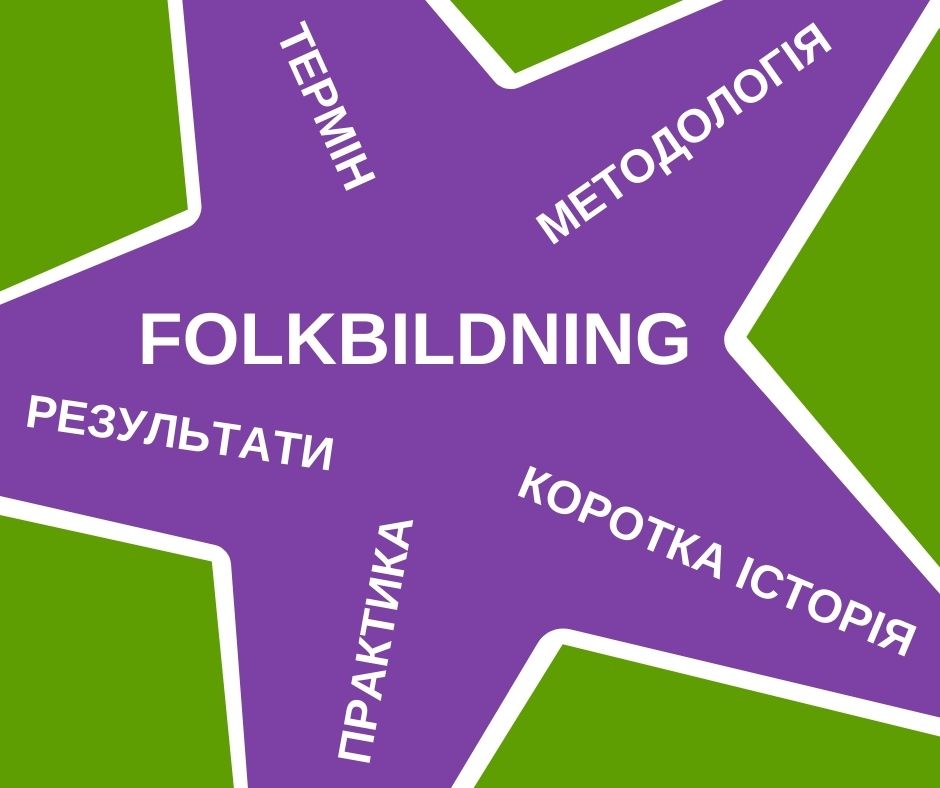Один із перекладів folk-bildung звучить так: це шлях, коли доросла особистість бере на себе велику особисту відповідальність перед сім’єю, співгромадянами, суспільством, людством, нашим світом і глобальним настроєм нашого виду.
Джерело — тут є аудіозапис розмови з Сергієм Чумаченко.
Дивіться відео виступу Сергія Чумаченка про folk-bildung і Народні вищі школи:
Ще є матеріал про книгу “The Nordic Secret”, який ми поки що не переклали українською:
Enlightenment ideas fueled both popular imagination through literature and
philosophy through a key set of ongoing conversational relationships and led to the German notion
of Bildung, and then was pragmatically applied in Denmark as folk-Bildung. This spread through
the Nordic countries and as they aim to show, was significant in enabling the rapid transformation
of Nordic societies.
They round off the introduction by laying out five hypotheses:
1. That the modern concept of ego-development is much the same as the Enlightenment
concept of Bildung.
2. Folk-Bildung is different than what we current call adult education.
3. That in the mid 1800’s folk-Bildung played a significant role in the development of the
Nordic societies.
4. That this success was due to the intentional cultivation of moral, emotional and cognitive
development among the least educated in those societies.
5. That there is a universal lesson that can be learned from this in relation to how to create
stable and healthy democracies.
They close the introduction by outlining the five parts of the book and then by summing up
their findings. The Nordic secret is folk-bildung.
Джерело
Шведською folk-bildung пишеться як folkbildning. Про нього також є текст англійською:
Swedish folkbildning is the collective name for the activities conducted by the country’s folk high schools and study associations in the form of courses, study circles and cultural activities. Folkbildning is a part of the liberal non-formal educational system. Every year, several million Swedes participate in folkbildning activities.
The Swedish term folkbildning refers to the folk high schools and the study associations, i. e. the organisations that constitute the liberal non-formal and voluntary educational system in Sweden.
The term ’folkbildning’ is difficult to translate into English. It is sometimes translated asliberal or popular adult education. However the specific conceptual foundation of ´folkbildning´ extends beyond the term ’adult education’, which is why ’folkbildning’ is used in this text as-is.
(Sw. Folkbildning: Sw. ’folk’ means ’people’, Sw. ’bildning’ means ’enlightenment’)
Див. також Більдунг і Sivistys.
Також читайте блоги:
